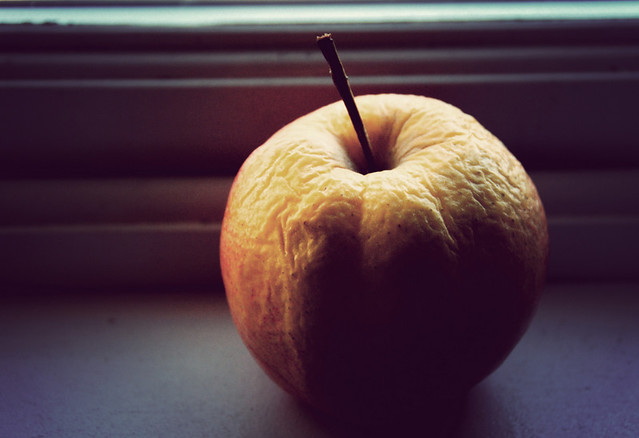I’m not a particularly patient person. So – ARGH! – I was horrified to discover that in this perfume crafting business you need to let a blend age to let the scents marry. Fragrances will change as they mature, and after aging they become much more seamless, rounded, and soft.
Le sigh.
Advice about this process varies. Generally speaking, there are two times you can age a blend: before and after dilution.
Which brings up another point: Most people advise combining your raw materials to create your fragrance blend first, prior to adding it to your carrier medium.
After mixing your blend of raw materials, store it in a dark bottle in a cool place to let it age. Sources vary on how long. Some DIYers seem to skip this step, others recommend anywhere from 1 week to 2-3 weeks.
The most commonly given advice seems to be 48 hours to 1 week, averaging out at around 4 days.
Then, sniff the blend. If you’re happy with it, dilute with a carrier oil (jojoba or fractionated coconut oil are best; they have the longest shelf life of oils) or perfumer’s alcohol (much better shelf life than oils – basically indefinite).
After dilution, most sources agree you need to let an alcohol-based perfume age 4-6 weeks. For an oil-based perfume, try 3 days to a week.
Oh, the waiting! I guess I’ll have to get used to it.
Update:
- In Essence & Alchemy, Mandy Aftel recommends letting an alcohol-based blend mature for at least a week, and up to a month if you can stand it (this is after dilution).
- In Perfume: The Art and Craft of Fragrance, Karen Gilbert recommends letting an alcohol-based blend macerate for a week or two before using.
